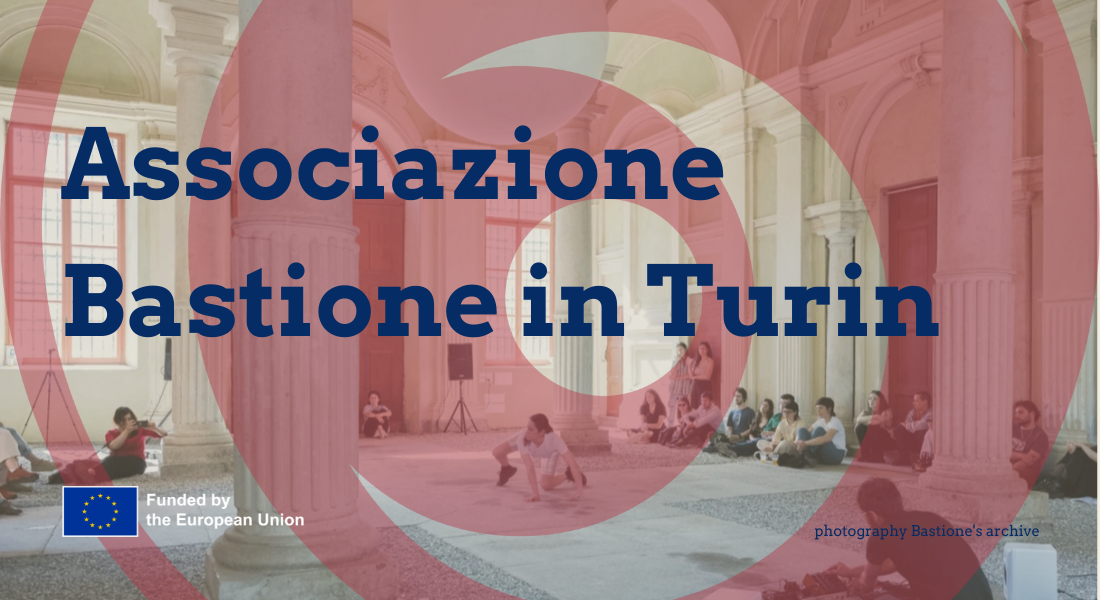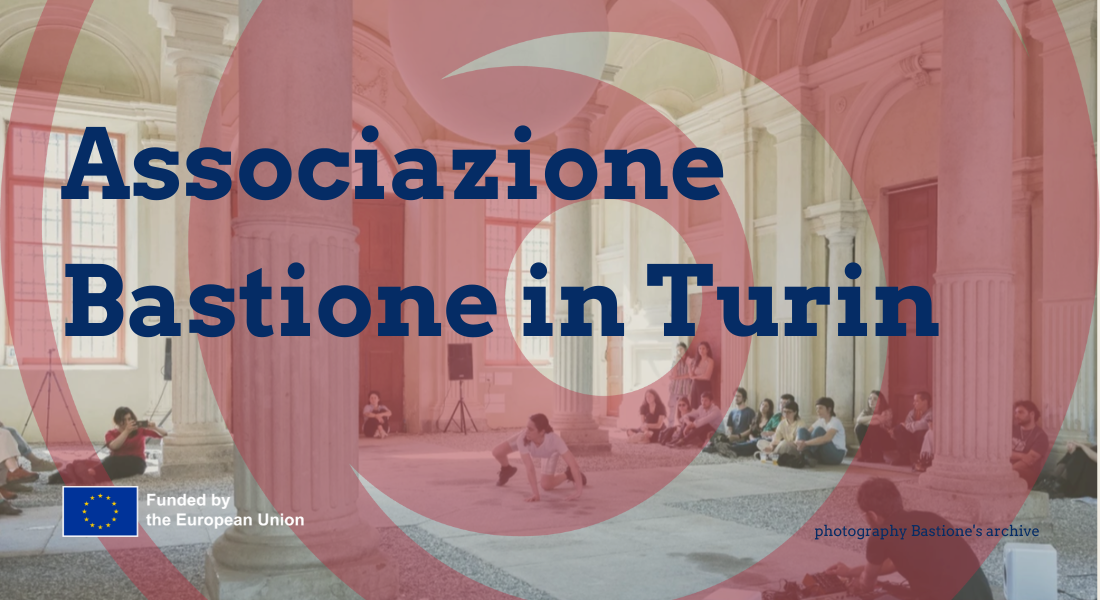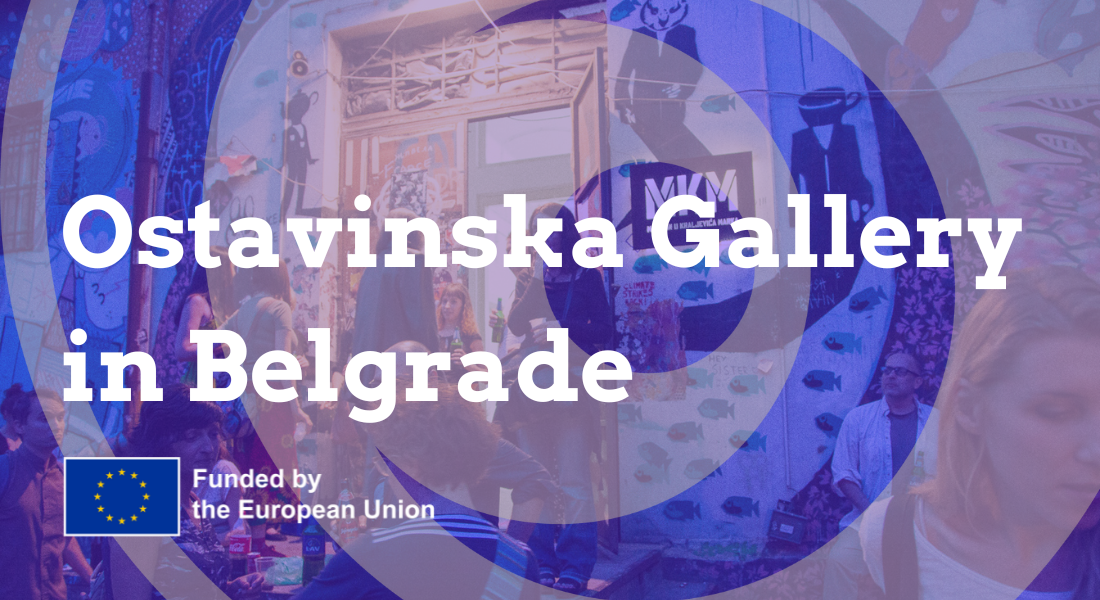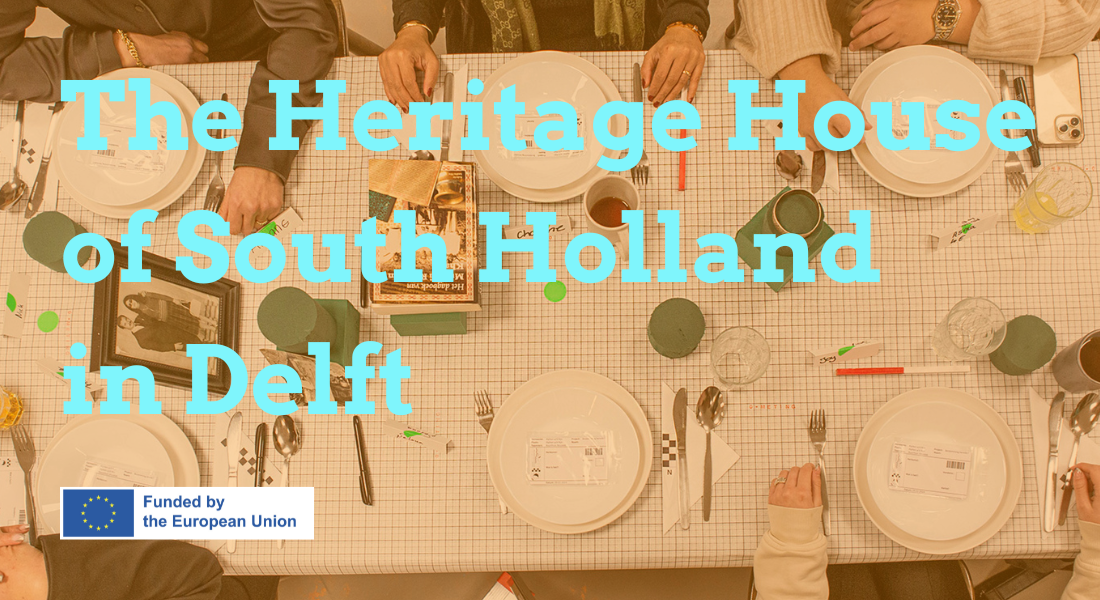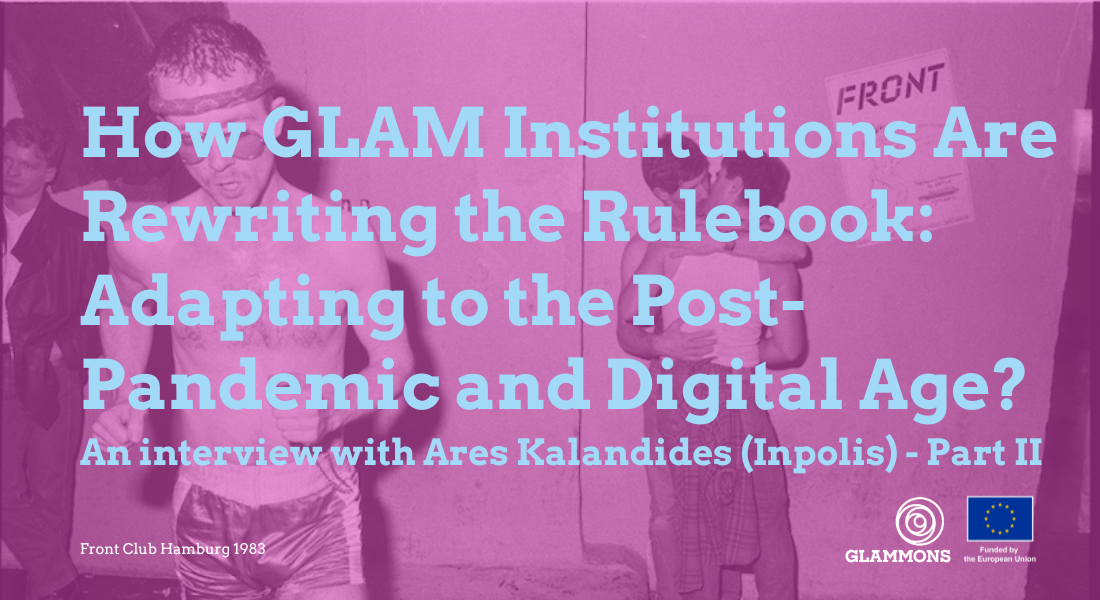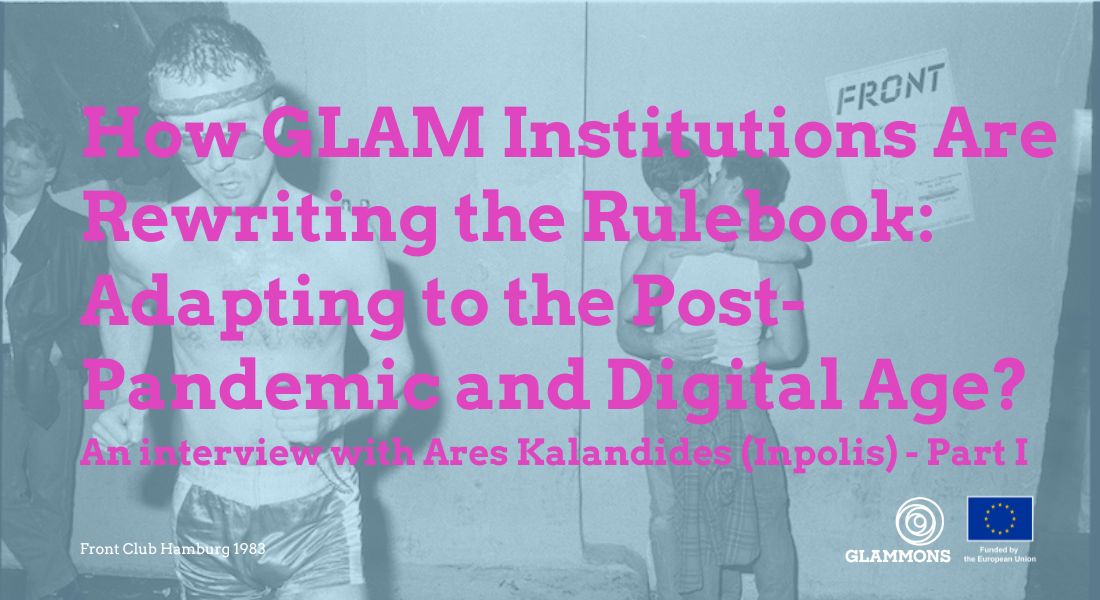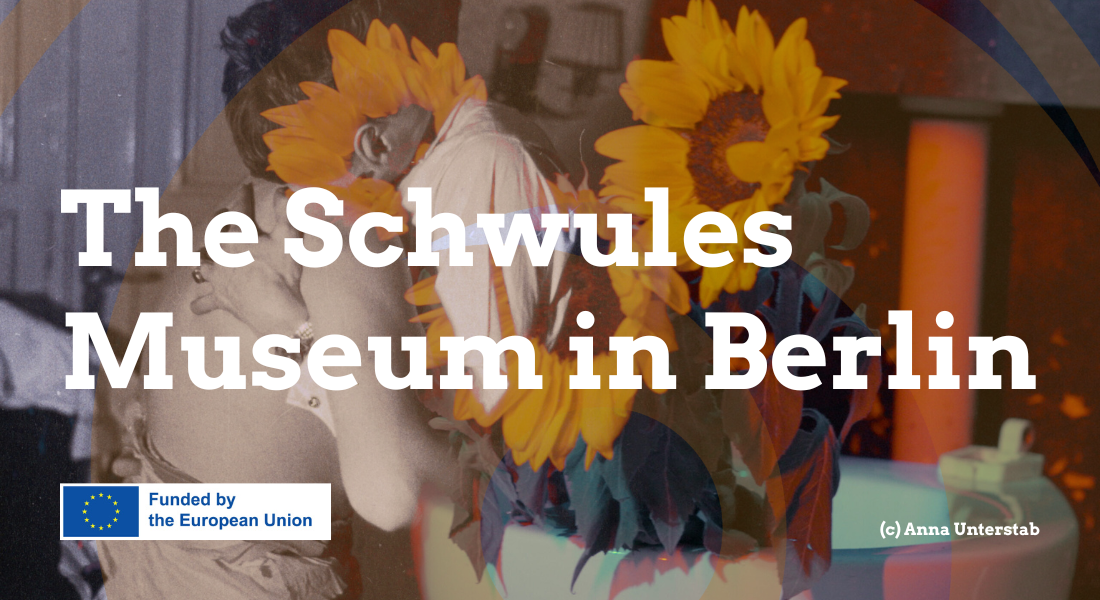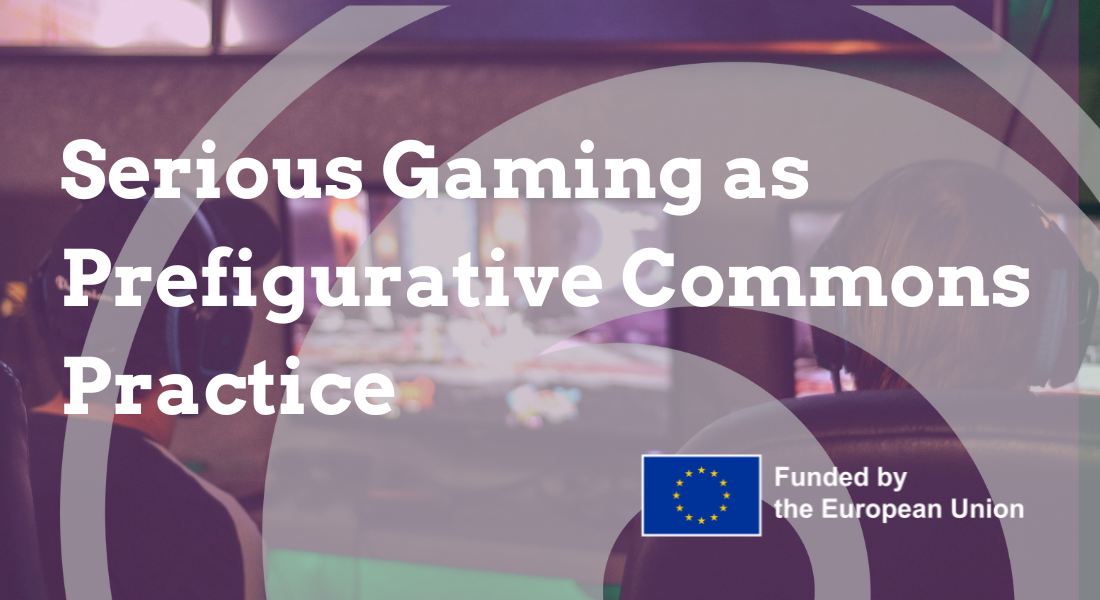
10/06/2025
Prefigurative commons refers to cooperative, non-hierarchical practices based on the principles of the commons, positioning them as alternative models for social, economic, political, and cultural futures. These practices emerge within the context of a broader conceptual shift, occupying the space between the old and the new, where evolving relationships have the potential to transform social reality. Prefigurative commons practices are less about techniques and more about principles, such as shared governance, self-management, mutual aid, and collective care. They also encompass imagination and curiosity, often taking place outside institutional frameworks. An important ludic element should not be overlooked—creating a model requires first imagining it, while remaining open to its transformations. Much like play, prefigurative commons represent a space for the free flow of imagination, where boundaries are determined by consensus.
Prefigurative commons can be found in many cultural forms traditionally referred to as “folk,” such as storytelling, music performance, and even dance semiotics and game mechanics. I am particularly referring here to the globally recognized, archetypal (or monomythic) patterns shared by many cultures across different regions of the world. Games are interesting examples to draw analogies to, as they represent complex forms of human interaction. Among other things, play is an essential pedagogical method for learning how to negotiate rules and relationships from an early age. Because games are time-limited—whether determined by the causal structure of a fantasy or by the open-ended nature of the flow, allowing players to stop at any time—they create temporary time-spaces for more or less stable communities, self-organized to manage resources sustainably and without top-down control. Games often mirror real-world commons dilemmas, illustrating models of collective action, cooperation, and sustainable resource use.
For example, many tabletop RPGs rely on co-created narrative commons-stories, rather than being owned by a single author. Open-source RPGs allow players to modify and expand upon the rules, reflecting commons-based peer production. LARPing often involves improvised rules, co-created worlds, and shared narratives, forming a cultural commons. Some LARP communities operate on gift economies or participatory governance, similar to real-world commons structures. In recent years, I have been exploring a genre called serious gaming.
Serious gaming refers to the use of games for purposes beyond entertainment, such as education, social change, research, and training. These games often simulate real-world systems to help players explore complex problems, decision-making, and cooperation—making them particularly relevant to commons theory. Unlike gamification, where game-like elements are added to non-game tasks, serious games are fully developed game experiences that balance fun with meaningful learning outcomes.
In the summer of 2023, I was invited to design a serious game titled THINKING SHAPES / SPEAKING SHAPES / SHAPING SOCIAL COMMONS by the društvo udružene odgovornosti collective for their exhibition program at the U10 art space in Belgrade. The theme of the program was the institution of the future, a politically sensitive topic in the local context. There were many potential points to approach critically, but I chose to engage the creative potentials of the players. Through this tabletop text-based cooperative serious game, I invited participants to question and deconstruct their expectations of institutional organizing, and to co-create new possible horizons for the institutional practices they wish to experience. The proposed rules of the game are negotiable; they are designed to serve the game, not the other way around. Each task presents a choice on a metanarrative level, provoking players to the adequacy and relevance of the rules in relation to the situations at hand, or the authority of the game master.
What I have learned from games is that everyone enjoys playing, especially when the game is not competitive, but rather encourages curiosity and creativity. It has been proven that play stimulates spontaneous and long-term learning processes through its open and inclusive, transdisciplinary nature. Just like the games, the best way to learn commoning is by practicing it until one becomes really good at it.
Ana Pinter – stage director, theater educator and co-founder of Tri groša (Threepenny) company based in Belgrade, Serbia
Would you like to share your experience? Feel free to leave a reply!
